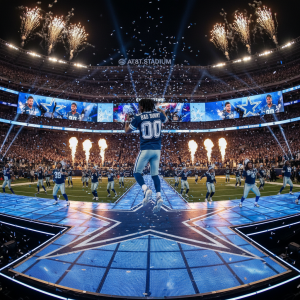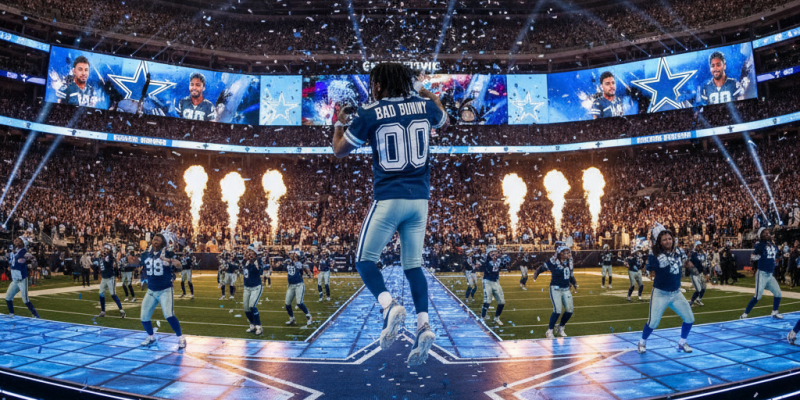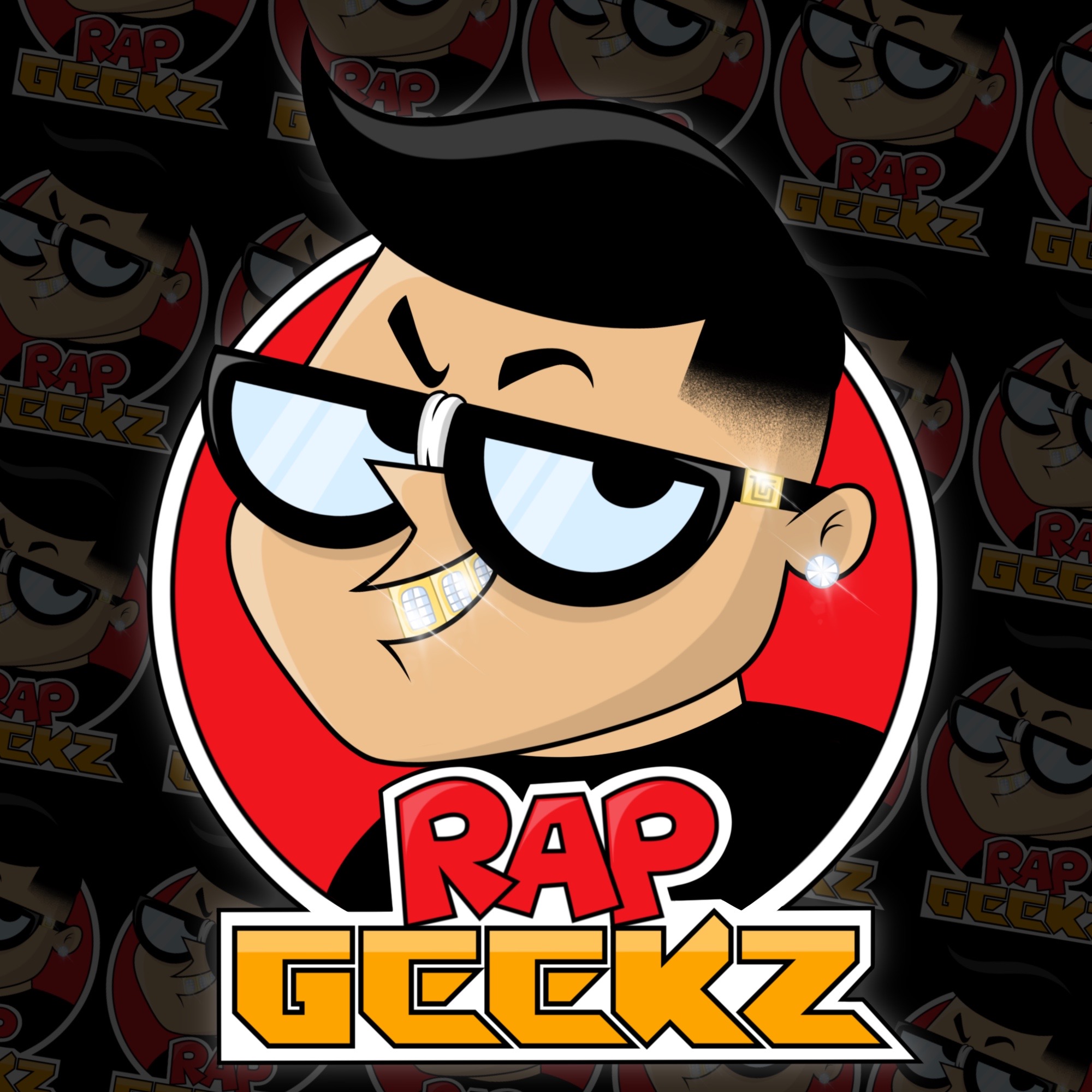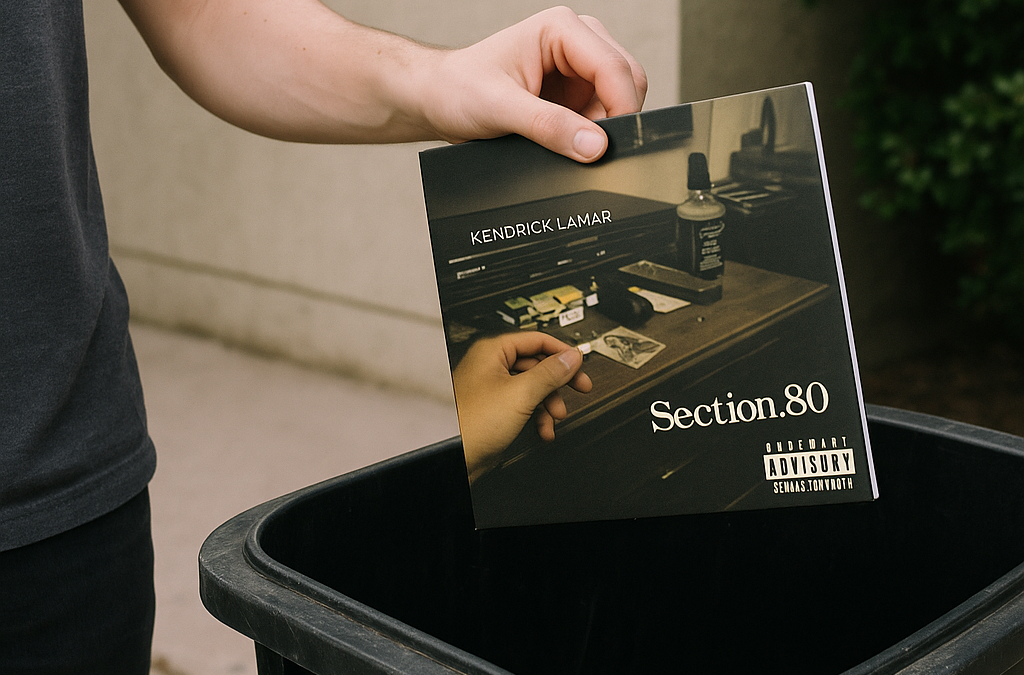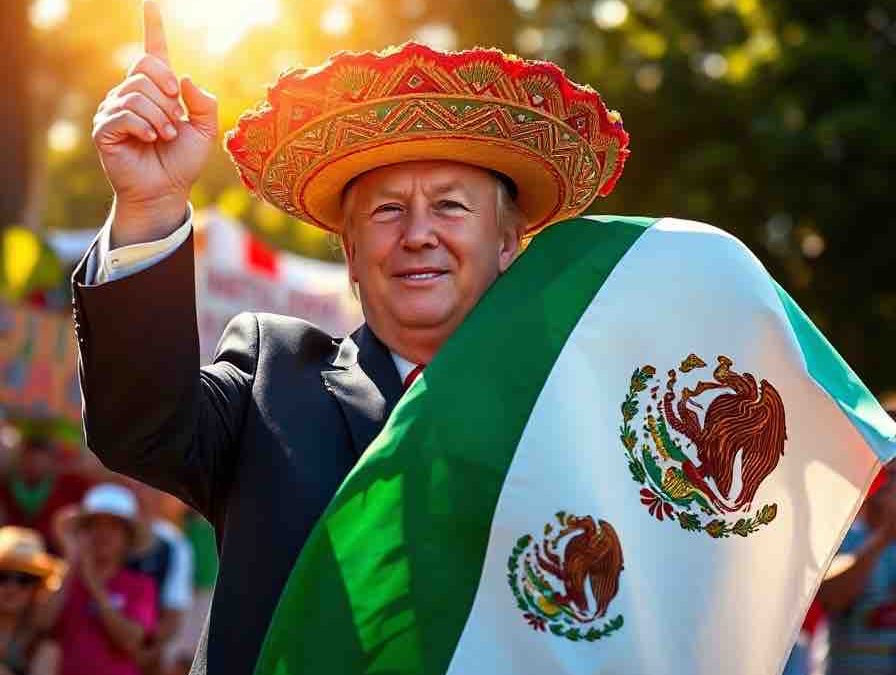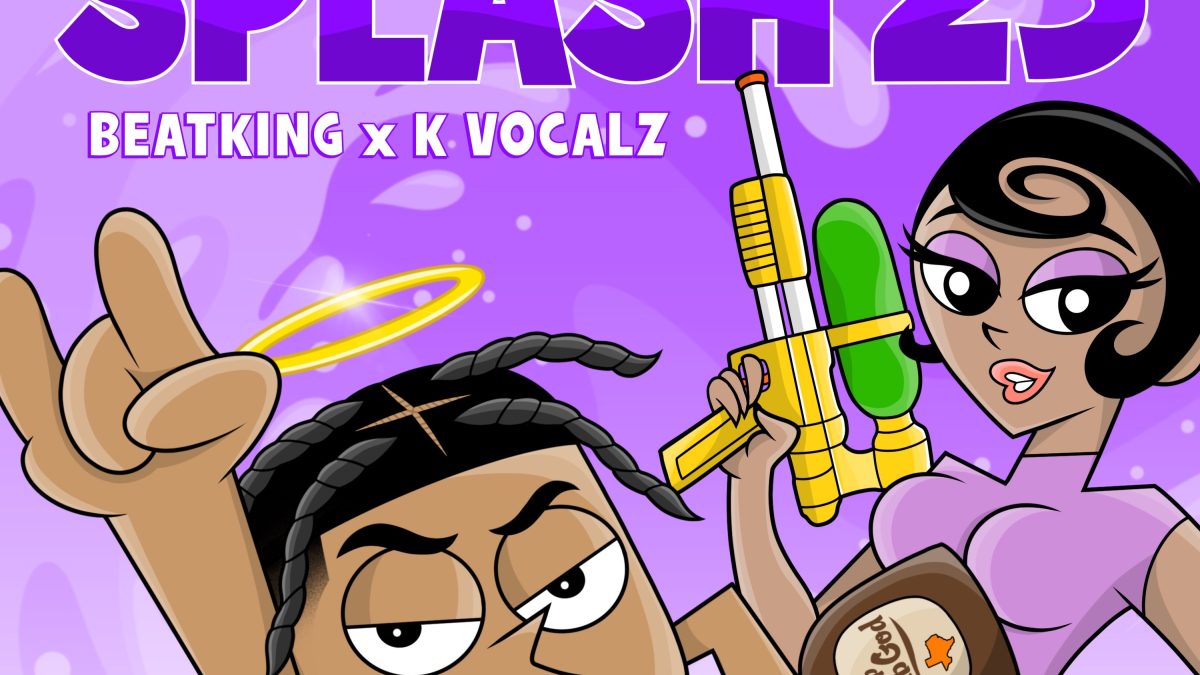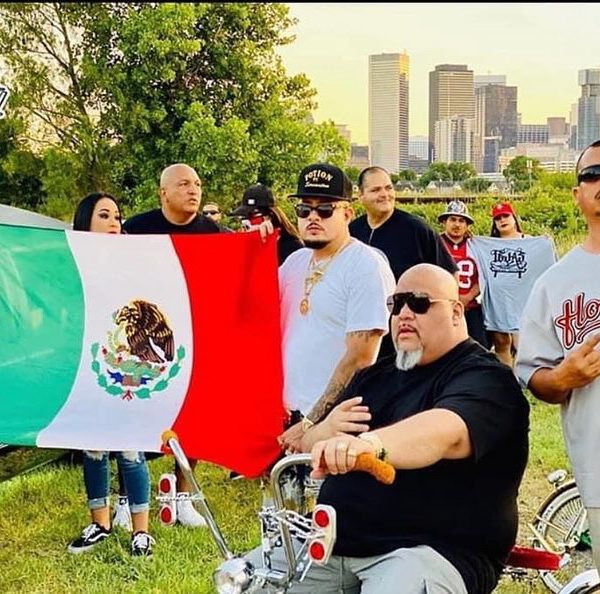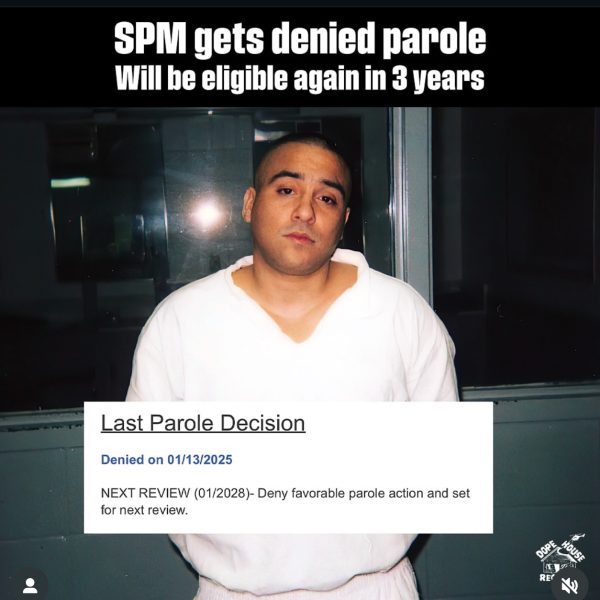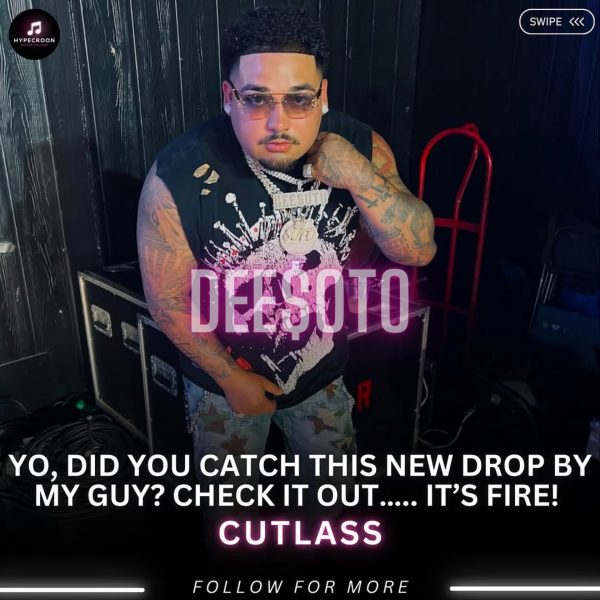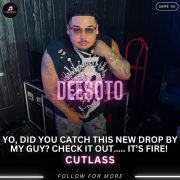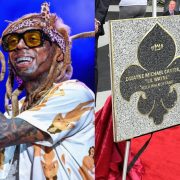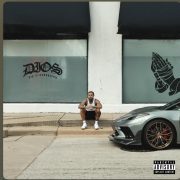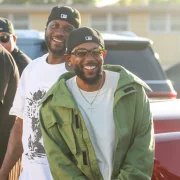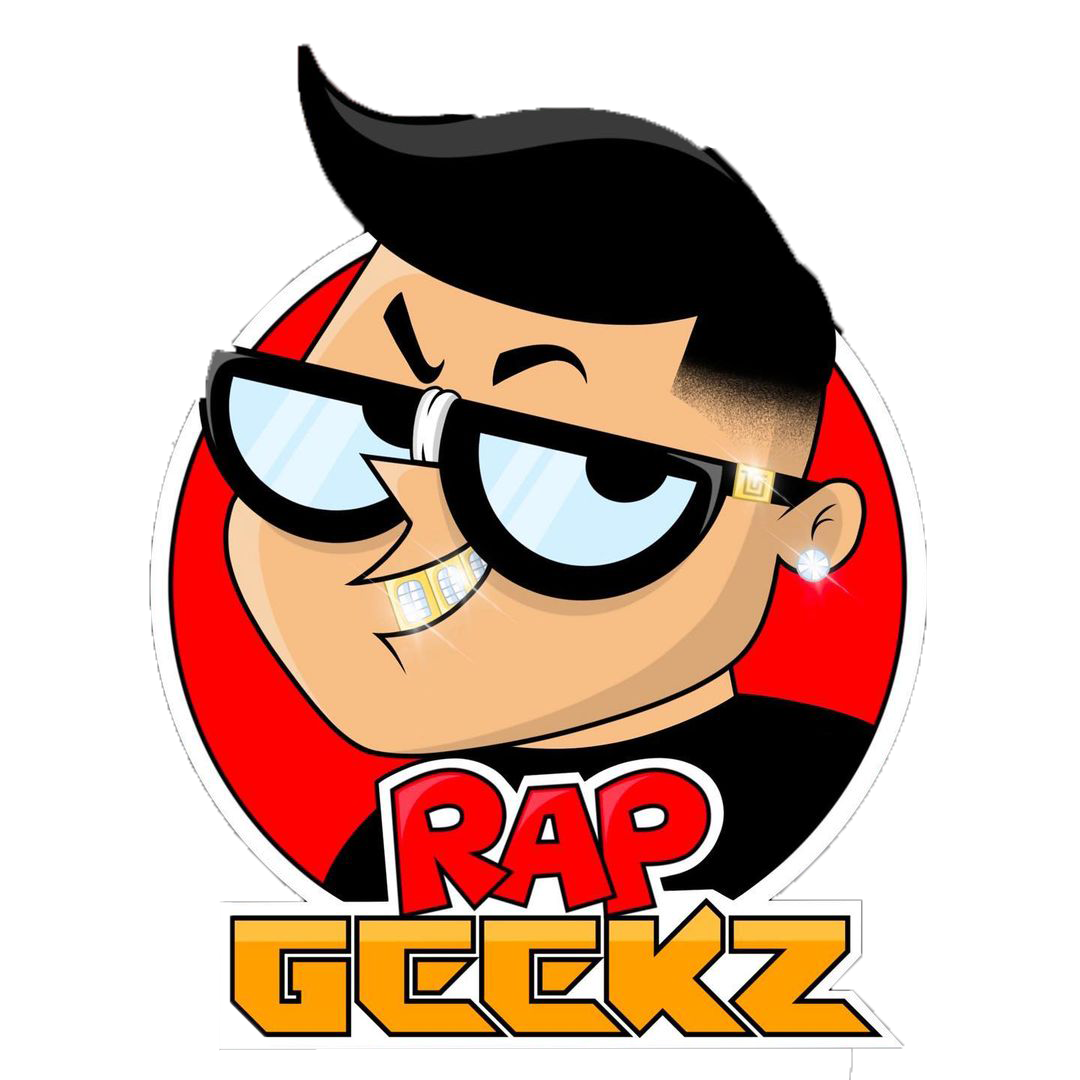The Bad Bunny Super Bowl Saga: Why Some Fans Are Losing It Over a Puerto Rican Superstar
The NFL’s announcement that Bad Bunny will headline the 2026 Super Bowl halftime show has sparked a firestorm of controversy, with critics flooding social media to voice their displeasure. Announced during a Sunday Night Football halftime segment, the reggaeton sensation—real name Benito Antonio Martínez Ocasio—is set to take the stage at Levi’s Stadium in Santa Clara, California, on February 8, 2026. But instead of excitement, a vocal contingent of fans is “crying” about everything from his music style to his primary language: Spanish. At the heart of the backlash? A baffling misconception that Bad Bunny isn’t “American” enough because he performs in Spanish. Let’s unpack this cultural clash, shall we?
The Announcement and the Immediate Outrage
Bad Bunny, one of the world’s biggest artists with billions of streams and sold-out tours, was handpicked by Jay-Z’s Roc Nation, which has curated the halftime show since 2019. He’s no stranger to massive stages— he’s performed at the Grammys, Coachella, and even made a cameo in the 2020 Super Bowl halftime alongside Jennifer Lopez and Shakira. Yet, the news of his solo headlining gig has ignited a wave of complaints, particularly on platforms like X (formerly Twitter).
Posts flooded in almost immediately, with users decrying the choice as an “embarrassment” or a betrayal of American traditions. One user lamented, “Bad Bunny choice ruins the joy of watching the Super Bowl at all, contrary to everything the event is about. Football is one of ‘America’s’ greatest pass times and Bunny lectures us about learning Spanish! Who needs this!” Another went further, questioning his citizenship: “Has it been verified that it is not an illegal alien?” And in a particularly heated take, someone suggested, “GFY! I hope all his fans are deported!”
The common thread? A fixation on language. Critics argue that the halftime show, a staple of American pop culture, should be in English only. “This is the problem with having ‘Bad Bunny’ as the main Super Bowl performer. America’s favorite sport will have the entire half-time show in a foreign language. English is our national language. Not Spanish. Not anything else,” one post declared. Others echoed this, claiming it’s exclusionary to non-Spanish speakers, ignoring the fact that past shows have featured non-English elements without similar uproar.
The “Not American” Myth: A Lesson in Geography and History
Here’s where the irony kicks in: Bad Bunny is American. Born and raised in Vega Baja, Puerto Rico, he’s a U.S. citizen by birthright. Puerto Rico has been a U.S. territory since 1898, and its residents have held U.S. citizenship since 1917. They pay federal taxes, serve in the military, and contribute to American culture in profound ways—from music icons like Ricky Martin to baseball legends like Roberto Clemente.
Yet, the backlash reveals a deeper ignorance or bias. Comments like “Go back to your country” or “This is America—speak English” overlook that Spanish is spoken by over million people in the U.S., making it the second most common language. Puerto Ricans, in particular, have enriched American entertainment for decades. As one defender pointed out on X, “They really blowing a gasket bc they have to listen to someone sing in Spanish for 30 minutes. Like???? Saying he needs to back to his country & this is America…. as if Puerto Rico isn’t a US territory- just slow.”
This isn’t new. During the 2020 Super Bowl halftime, which featured Shakira (Colombian) and J. Lo (Puerto Rican roots), there were Spanish lyrics and Latin flair, but the complaints were milder. Bad Bunny even joined them for a guest spot. Fast-forward to the 2023 Grammys, where his performance in Spanish prompted similar gripes about subtitles, with one critic calling it “ignorant and insulting” when CBS labeled it “[SINGING IN NON-ENGLISH].” The pattern? When Latin artists dominate the spotlight, some fans feel threatened.
Bad Bunny Claps Back: SNL and the “Learn Spanish” Moment
Bad Bunny didn’t let the noise slide. During his appearance on the Season 51 premiere of Saturday Night Live, he mocked the critics head-on. Speaking in Spanish before switching to English, he quipped, “Everyone is happy about it,” poking fun at Fox News and others who’d bashed the announcement. He then told detractors to “learn Spanish” in four months if they want to understand his set, emphasizing the win for Latinos in the U.S. It was a bold, unapologetic response that only fueled the fire—but also rallied his supporters.
Even political figures weighed in. Reports surfaced of Trump administration allies expressing fury, with one allegedly saying, “You shouldn’t go if you’re not American.” Bad Bunny, a vocal critic of Trump and advocate for Puerto Rican issues, has refused U.S. tours due to fears of ICE raids at his concerts. DHS has even confirmed ICE presence at the Super Bowl, adding a layer of tension.
Why This Matters: Diversity in the Spotlight
At its core, this backlash highlights America’s ongoing struggle with multiculturalism. The Super Bowl isn’t just a game—it’s a cultural event viewed by over 100 million people. Choosing Bad Bunny reflects the NFL’s push to broaden its appeal, especially to younger, diverse audiences. As one X user noted, “The NFL is going to go out of their way to book an act that appeals to people who are not already watching the Super Bowl.” Latin music is booming globally, and Bad Bunny’s success—without compromising his Spanish roots—proves it.
Critics calling for boycotts or alternatives (like a “TPUSA Super Bowl” with Creed) miss the point. The halftime show has evolved from marching bands to global spectacles featuring artists like Prince, Beyoncé, and now Bad Bunny. Embracing Spanish isn’t “anti-American”—it’s quintessentially American, reflecting a nation built by immigrants and diverse voices.
Final Thoughts: Tune In or Tune Out?
Whether you’re a fan of reggaeton or not, Bad Bunny’s halftime show is a milestone for Latin representation. If the complaints continue, perhaps it’s time for a reality check: America is multilingual, multicultural, and stronger for it. As Bad Bunny himself might say, “Aprende español”—or just enjoy the beats. After all, music transcends language. See you at the Super Bowl… or not?
